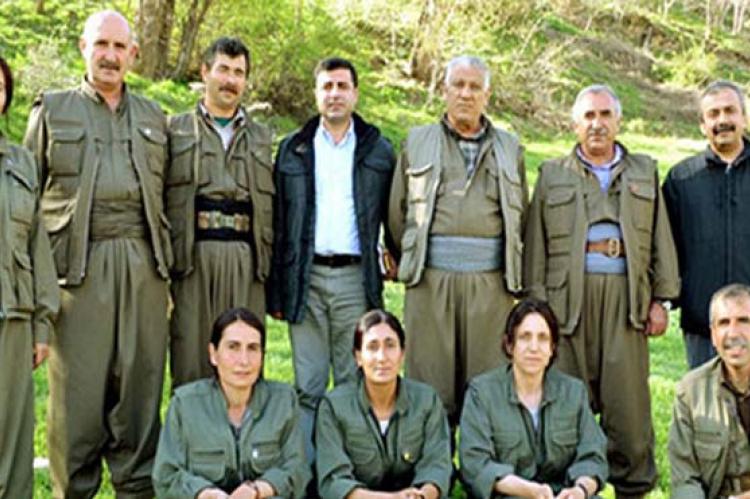Claim: ECHR ruling need not be finalized to be binding
Lawyer of HDP’s former co-chair Selahattin Demirtas, quoted in Reuters news story, falsely claims ECHR ruling does not have to be finalized to be binding
On 30 November 2018, Reuters published a news story about a Turkish court ruling to keep Selahattin Demirtas, the former co-chair of the Peoples’ Democratic Party (HDP), in jail following a decision by the European Court of Human Rights (ECHR) calling on Turkey to release him. The story included the comments of Demirtas’ lawyer Benan Molu on the issue.
Molu claimed that holding Demirtas in prison is a crime because the ECHR ruling need not be finalized to be binding. “The ECHR’s ‘immediate release’ ruling does not need to be finalised for it to be implemented. Every second he (Demirtas) is held in prison despite the ECHR ruling, there is a crime being committed,” she said on Twitter, as reported by Reuters.
However, according to the first paragraph of Article 46 of the European Convention on Human Rights, it is clear that the ECHR’s ruling should be finalized to have a binding force. “The High Contracting Parties undertake to abide by the final judgment of the Court in any case to which they are parties,” the related part of the article reads.
An information document prepared by the ECHR explains that a Chamber judgment becomes final after three months after it was delivered. The case may be referred to the Grand Chamber at the request of any party during the three-month period. In this case, Turkey is still entitled to appeal the case and there is no criminal action on the part of Turkey according to both relevant Turkish and European laws.
The Turkish criminal court, which did not allow the release of Demirtas, also indicated the fact that Demirtas has defended himself against only nine accusations out of 32 up to now and hence his interrogation with respect to the offenses charged in the indictment could not have been completed.
Furthermore, the ECHR, in its verdict, “accepted that Demirtas had been arrested and detained on ‘reasonable suspicion’ of having committed a criminal offence,” a previous Reuters news story reported.



